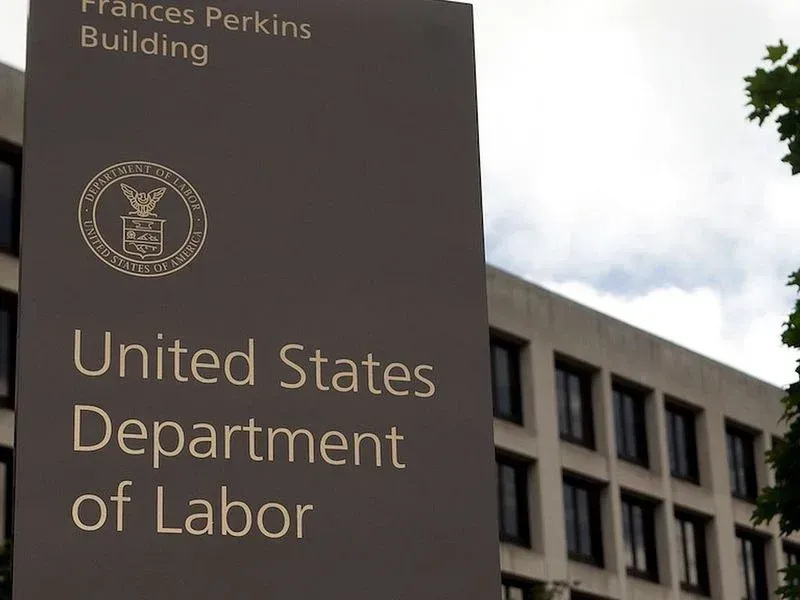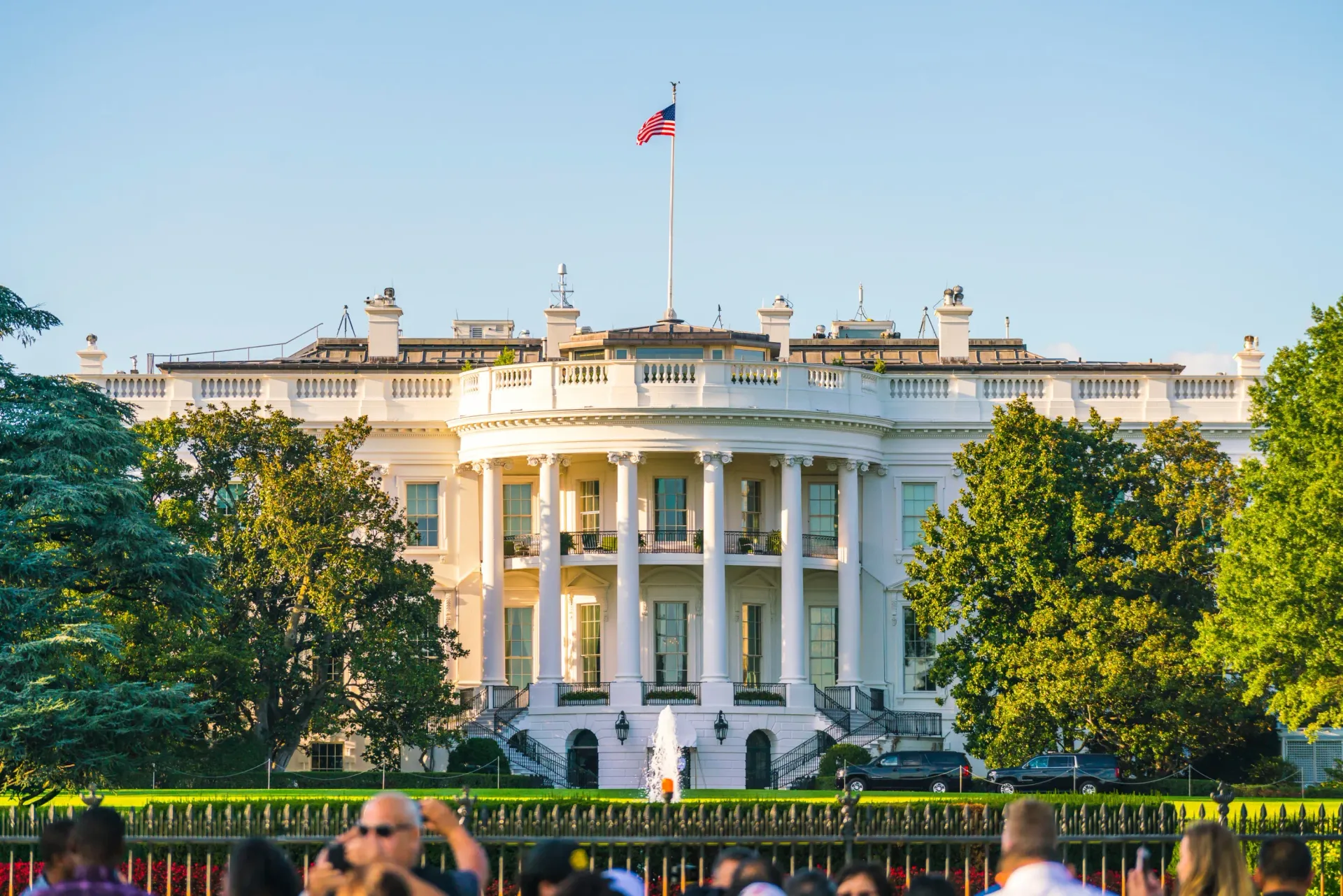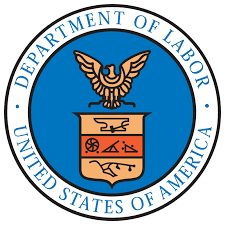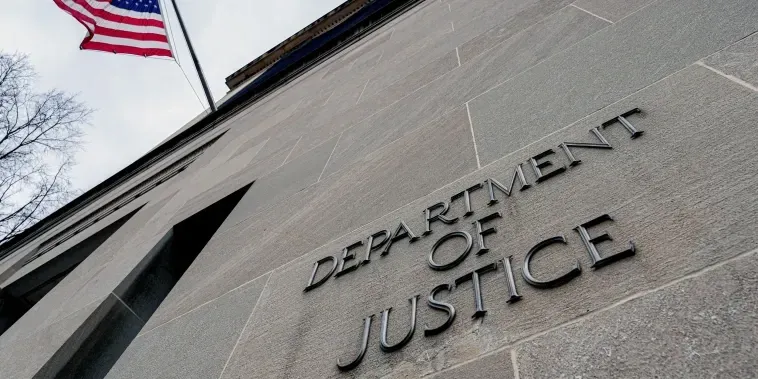EEOC Proposes Expensive and Uncertain Processes if the Court Orders a Deadline of September 30 for Employer Pay Data
On Wednesday, April 3, 2019, the Department of Justice i nformed the Federal District Court that the EEOC could implement pay data collection procedures if the court orders employers to submit the W-2 pay and hours worked data required by EEO-1 Component 2 by September 30, 2019. However, the pay data collection would have to be performed by a contractor at a cost of $3 million and would result in significant uncertainties on security and accuracy matters.
DOJ’s submission, which included a declaration by EEOC’s Chief Data Officer, was in response to US District Court Judge Tanya S. Chutkan’s requirement that the government provide her with their plan to collect the EEO-1 Component 2 data. Judge Chutkan ruled on March 4, 2019 that the OMB’s decision to stay the EEOC’s revised EEO-1 information collection known as Component 2 was invalid and that it should be implemented immediately. When the EEOC opened its EEO-1 portal on March 18, 2019 seeking only Component 1 data of race, gender, ethnicity by EEOC category, the court, upon the request of plaintiffs, told the government to provide it with a plan for collecting Component 2 W-2 pay and hours worked data.
The submission states that collecting the pay data from employers by September 30 th poses a number of issues. First, the Declaration of Dr. Sam Haffer, the EEOC’s Chief Data Officer, states that the data processes the EEOC uses to collect EEO-1 demographic data “are not capable of collecting employers’ 2018 Component 2 data” and that “it would take nine months to modify the EEOC’s current processes to support the collection of large amounts of sensitive Component 2 pay data from 2018.” As a result according to Dr. Haffer, the EEOC has determined that using a data and analytics contractor is its only alternative although “there is a serious risks that the expedited data collection process may yield poor quality data because of the limited quality control and quality assurance measures that would be implemented due to the expedited timeline.”
Meanwhile, a number of employer groups including The Institute for Workplace Equality represented by FortneyScott filed an amicus brief with the court asking that the pay data collection be postponed until 2020.
FortneyScott will keep you informed on the latest news involving the collection of Component 2 data.
To read the EEOC’s response, click here.


















